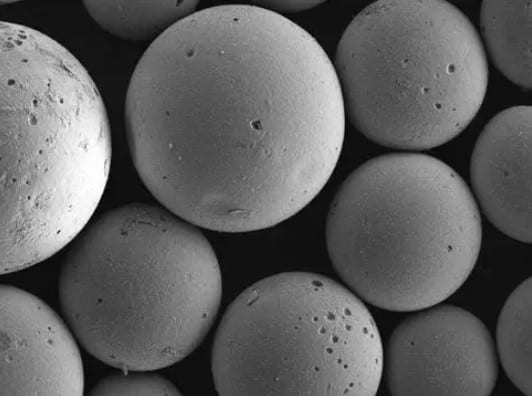University researchers have contributed to a study into innovative carbon beads aimed at reducing bad bacteria and inflammation linked to serious disease.
University of Brighton researchers have contributed to a study into innovative carbon beads aimed at reducing bad bacteria and inflammation linked to liver cirrhosis and serious disease.
The study, led by researchers at University College London (UCL) and involving 17 organisations, is published in Gut today, and found that the carbon beads were effective in restoring gut health.
The beads, taken orally and known as CARBALIVE, could have a significant impact on the treatment of patients with conditions such as liver disease, irritable bowel syndrome and rheumatoid arthritis.
Chronic liver disease is estimated to impact 29 million Europeans and cause 170,000 deaths annually, costing an estimated €15.8bn. Caused predominantly by obesity, alcohol abuse and viral infection, the prevalence of this disease is increasing year on year.
Current therapy for liver cirrhosis involves the use of antibiotics with associated problems of antibiotic resistance.
Senior author of the report, Professor Rajiv Jalan from the UCL Institute for Liver and Digestive Health, said: “The influence of the gut microbiome on health is only just beginning to be fully appreciated. When the balance of the microbiome is upset, ‘bad’ bacteria can proliferate and out-compete the ‘good’ bacteria that keeps the gut healthy.
“One of the ways they do this is by excreting endotoxin, toxic metabolites and cytokines that transform the gut environment to make it more favourable to them and hostile to good bacteria. These substances, particularly endotoxin, can trigger gut inflammation and increase the leakiness of the gut wall, resulting in damage to other organs such as the liver, kidneys and brain.
“In cirrhosis, a condition characterised by scarring of the liver, it is known that inflammation caused by endotoxins can exacerbate liver damage. Part of the standard treatment for cirrhosis is antibiotics aimed at controlling bad bacteria, but this comes with the risk of antibiotic resistance and is only used in late-stage disease.”
University of Brighton’s Dr Susan Sandeman said ‘Whilst adsorbents have been used in a range of medical device technologies none have shown targeted efficacy for difficult to remove toxins linked to disruption in healthy gut function for a range of chronic conditions including liver disease. In pilot work initiated at the University of Brighton and within this study, we matched the tailored porosity of oral carbon beads to the removal of challenging molecules such as bacterial endotoxin and key inflammatory cytokines without harm to bacteria associated with a healthy gut microbiome’.
The result opens the door for further trials to test the efficacy of the carbon beads in humans and has the potential to become an invaluable tool for treating liver disease and possibly other conditions associated with poor microbiome health.
This project has received funding from the European Union’s Horizon 2020 research and innovation programme under grant agreement No. 634579.


Published by